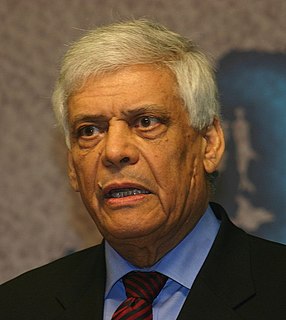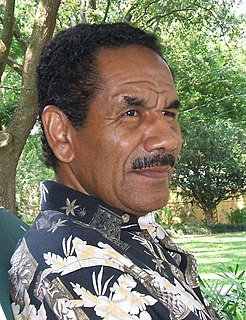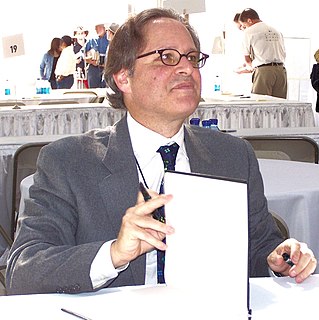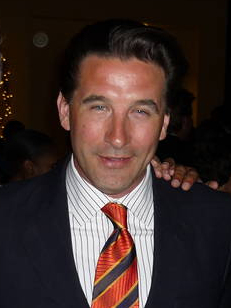A Quote by Bill Parcells
I don't look at a problem and put variables in there that don't affect it.
Related Quotes
One of the most consistent findings about low performing schools and students is that "home variables" (parental income and education, etc.) are more predictive than "school variables." But, having said that, we as a society can have much more effect on the school variables than on the home variables, so it's important and valuable to focus on the question of which interventions in schools are most effective and which are least effective.
I look for an interesting and often times, fresh character. Something different that what is done all the time or than I've done recently. I look at who is directing. Those two variables as well as a third, which is the content and the quality of the screenplay. I look at the arcs of the scenes and characters and relationships.
If we want to impact hundreds - or millions - of people, we have to do things differently. If we look at the problem as an infrastructural problem, we cannot make an impact because it requires a lot of effort. But when we convert this problem into a knowledge problem, suddenly the problem is manageable.
I had a lot of friends, but none of them I felt super close with. Now that I'm older, I can look back on my teenage self and kind of see the things I did wrong and the things I did right, what affect they had on me, and what affect they had on other people. I can look at it in a much more conducive way to storytelling.
We came to recognize that our initial thinking about the keys to educational reform was wrong. The key variables weren't pedagogical. They weren't financial. They weren't curricular. They weren't research. They weren't any of the usual things we've always talked about as the engines of change. The variables were deeply emotional and cultural.






































